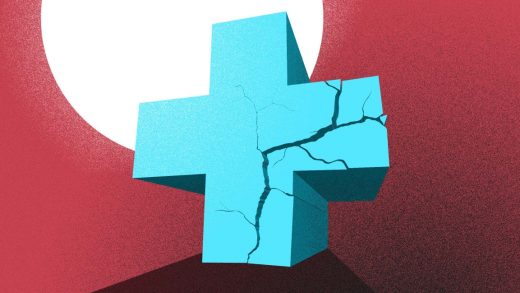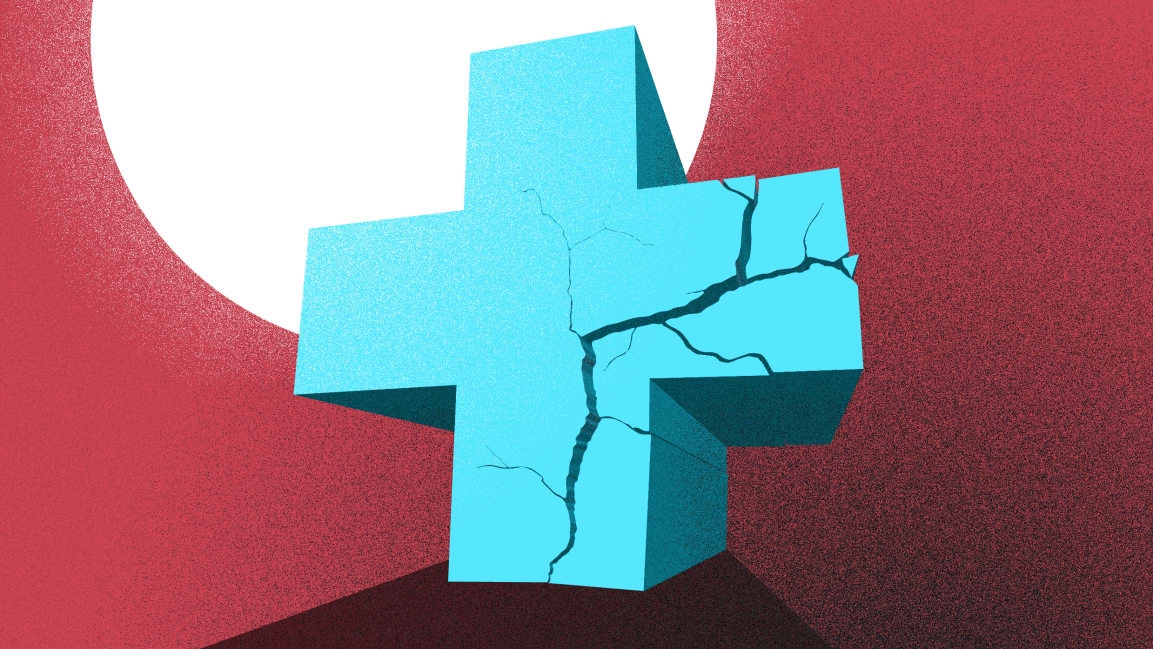12.7 million workers have now lost health insurance because of layoffs
More than 12.7 million people may have lost health insurance through job layoffs and furloughs, according to analysis from the Economic Policy Institute (EPI).
That figure represents 45% of the total national job layoffs and furloughs, which the EPI estimated at 28 million, based on unemployment claims data. The health insurance figure was up from the EPI’s previous estimate of 9.2 million on April 16, resulting in 3.5 million more insurance losses in a two-week timeframe.
Along with the loss of income, one of the most significant financial consequences of losing work during the coronavirus crisis is also losing employer-provided health insurance. As many as 157 million Americans—almost 50% of the nation’s population—rely on their employer to provide insurance, according to 2018 data from the Kaiser Family Foundation.
Industries particularly hit by layoffs include accommodation and food, with an estimated 42% of the workforce eliminated, arts and recreation (36%), and retail trade (24%), of which, respectively, 24%, 37%, and 41% of workers are generally covered by employers’ health insurance.
The analysis also found that the industries in which workers are most reliant on insurance from their employers are utilities (77% of workers covered), mining and extraction (75%), finance and insurance (70%), and manufacturing (69%). The manufacturing industry was also heavily hit by coronavirus-related layoffs, with an estimated 24% of the workforce laid off or furloughed.
While some companies are continuing to cover health insurance for furloughed workers, with the hope being that they return to work after the economy picks up, those employees are still responsible for their premiums and deductibles, which are a struggle without a paycheck. The federal COBRA program allows for recently laid-off employees to keep the health insurance they were offered by their employer, but they must foot the entire bill themselves. A furlough is not a COBRA-qualifying event.
Democrats in the House proposed a plan on April 14 to make the government responsible for 100% of COBRA costs for both laid-off and furloughed workers. In 2009, the government covered about 65% of costs as part of the stimulus bill, which wasn’t enough for a successful enrollment rate.
But the authors of the EPI study, Josh Bivens and Ben Zipperer, suggested that the best policy solution would be “to extend Medicare and Medicaid to all those suffering job losses during the pandemic period, with the federal government funding this expansion.” (The EPI is a nonpartisan think tank whose policy suggestions generally skew to the left of the political spectrum.)
The analysis was based on unemployment insurance claims from 11 states, from which the authors calculated “average industry-specific shock” as a share of 2019 Q3 employment, then applied to the remaining states. It doesn’t take into account recently unemployed workers who may have been able to claim under Medicare, Medicaid, or the Affordable Care Act, but also doesn’t include family members of the principal policyholder who may have lost coverage.
(10)



